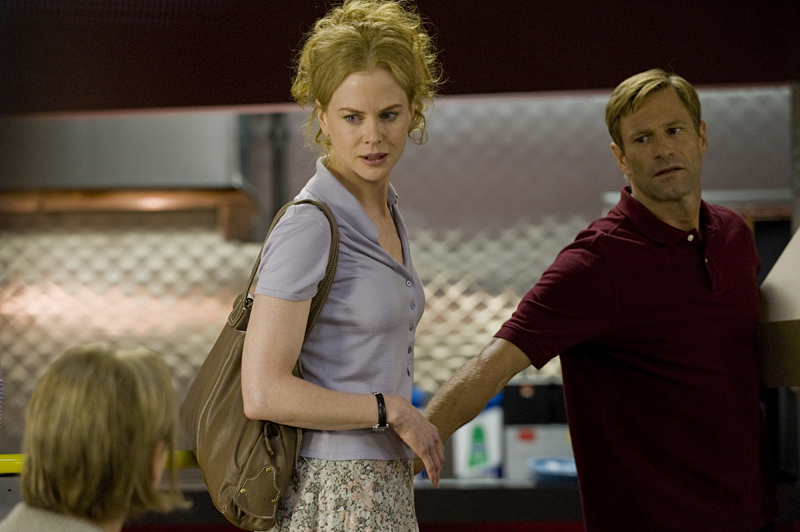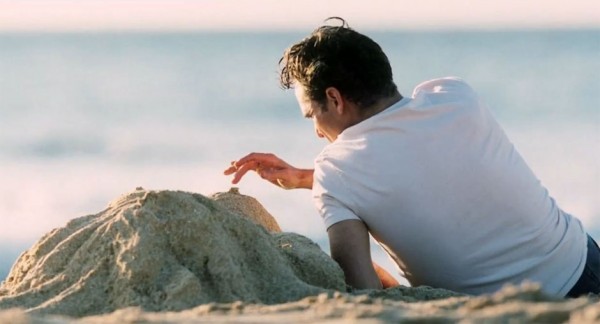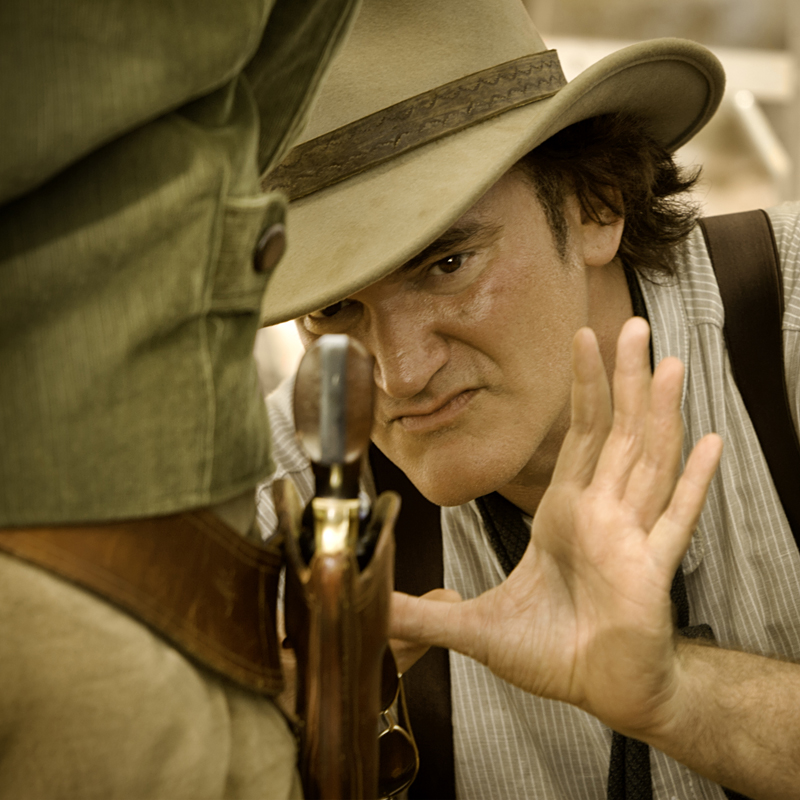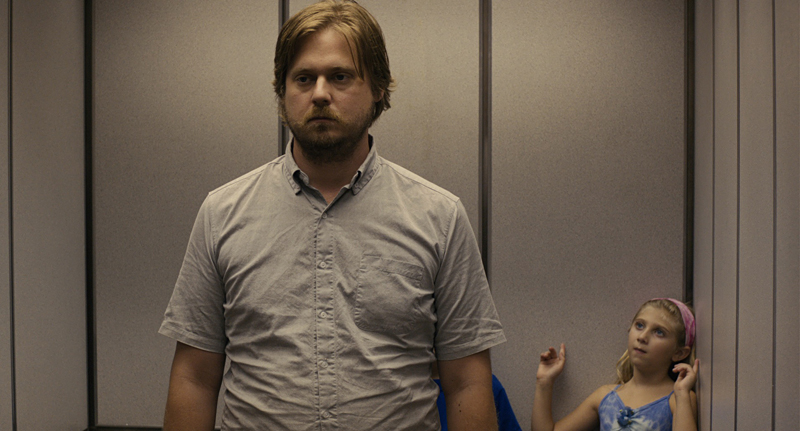Based on the Pulitzer Prize– winning play by David Lindsay-Abaire, John Cameron Mitchell’s Rabbit Hole plops us down in the lives of Becca (Nicole Kidman, who also produced) and Howie (Aaron Eckhart), 40ish bourgie marrieds rattling around an East Coast dream house. In the film’s first scenes, the couple acts out a domestic “normal” that’s so obviously in quotes, we know something must be terribly wrong. Mitchell, creator/director/star of Hedwig and the Angry Inch and writer/director of the 2006 unknown-actors-having-real-sex-fest Shortbus, teases us through a few fake-outs (phone ringing in the middle of the night!?! Psych—it’s just Becca’s sister, who needs a ride) before revealing that the film’s central trauma happened long before we got there: Becca and Howie’s young son was killed in an accident, and months later the couple is still trying to figure out how to go from “normal” to normal.
Sensitive hunk Howie thinks they can get there by going to weekly group-therapy sessions, where similarly bereaved couples sit in a circle of sad. Becca, a hyper- competent homemaker (an unexpected overnight guest isn’t a burden, but an excuse to whip up a crème brûlée) who gives off the sense of having been tightly wound long before the transformational accident, reluctantly tags along. Then, after the kind-of-awkward incident that always happens in movie therapy and never in actual therapy, Becca asks Howie if he wouldn’t mind if she gave up on group.
With the wife away, Howie starts getting close to Gaby (Sandra Oh), whose spouse is also absentee. He catches Gaby smoking pot in the meeting’s parking lot, and soon they’re flirting over Skee-Ball (yes, Skee-Ball). Meanwhile, Becca starts stalking Jason (Miles Teller), the 17-year-old high-school senior who was driving the car that killed her son. It’s not ever really clear what she wants from Jason, but as the grieving mom and the teenager embark on a series of afternoon rendezvous (clandestine because they’re so obviously inappropriate on their face, although the two meet in public and mostly talk, awesomely, about science fiction), it becomes evident that the mourning mother’s motivation isn’t as simple as revenge or retribution.
Becca and Howie’s extracurricular relationships are the saving grace of a movie that’s otherwise a sledgehammer of plot and score. These weird, chaste-but-intimate courtships, mostly undefined and regressive on both sides, feel organically murky, their narrative convenience overcome by the fact that they truly resemble the “How’d that happen?”, bad-idea relationships that so often spring from trauma in real life. Not so true to life: the montage that explains how both relationships resolve, with major decision points coming for both Becca and Howie at virtually the exact same time on the exact same night.
Mitchell made his name telling stories that encourage the exploration of subversive desire; Rabbit Hole acknowledges such desires only to ultimately suggest they’re better left repressed. Which might be fine, but here the proceedings are so lifeless that you find yourself rooting for the narrative to tread fully into the disaster zones with which it flirts. (Adulterous grief sex? Bring it! Statutory rape of the teenager who killed your kid? Even better!) Rabbit Hole‘s tastefulness—one schematic acting showcase of a scene after another, rendered in an incredibly manipulative prestige-pic “minimalism”—just punishes Becca and Howie, and the audience, even further. As both halves of the couple display signs that, no matter what transpires, they’ll give their miserable marriage one more good-faith try, I wondered: Haven’t they—and we— suffered enough?








